Episode 262: Anti-Racism in Medicine Series – Episode 18 – Remedying Health Inequities Driven by the Carceral System
The Clinical Problem Solvers
OCTOBER 18, 2022
Incarceration negatively affects the physical and mental health of people who are incarcerated as well as their family members and loved ones, and limits access to healthcare before, during, and after incarceration. All healthcare professionals will have patients who are directly or indirectly impacted by the carceral system.


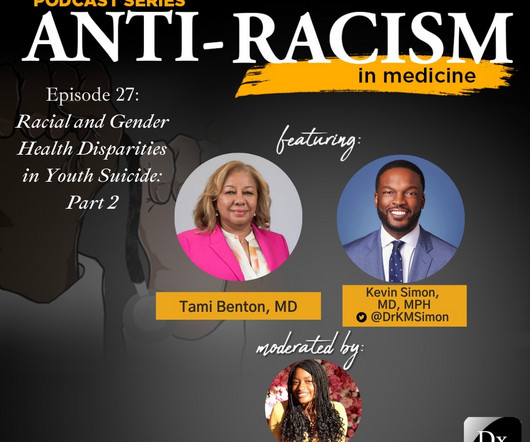
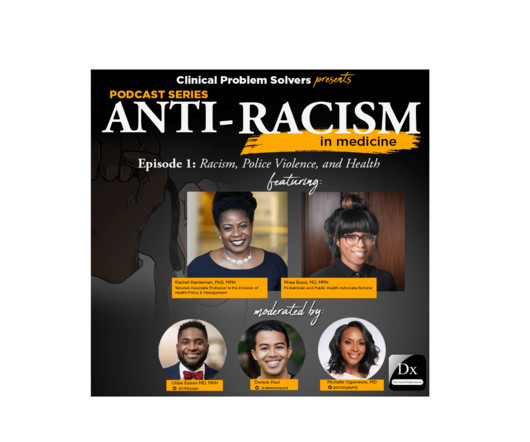
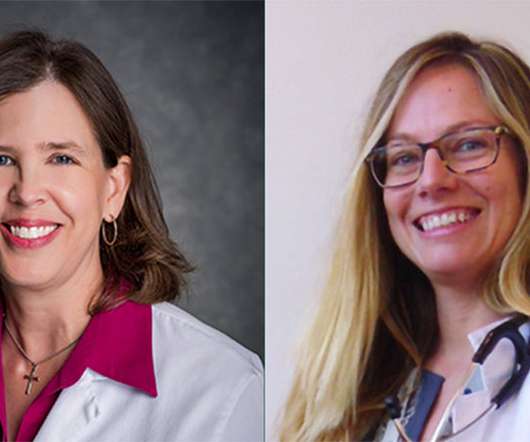






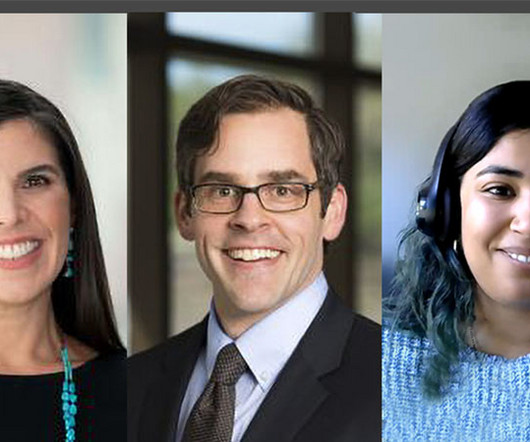

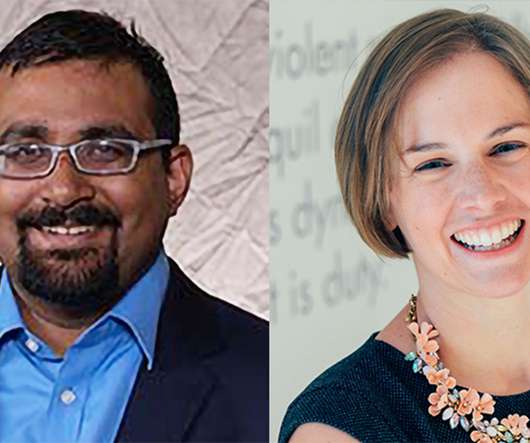

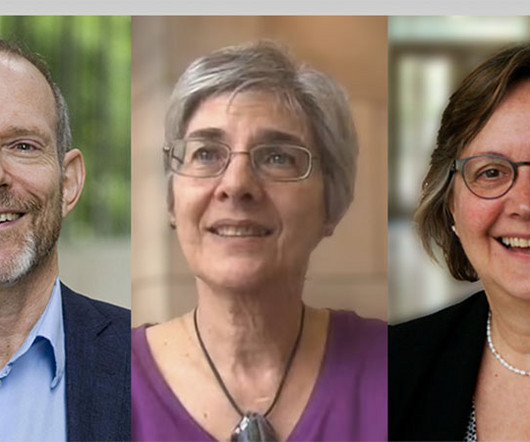
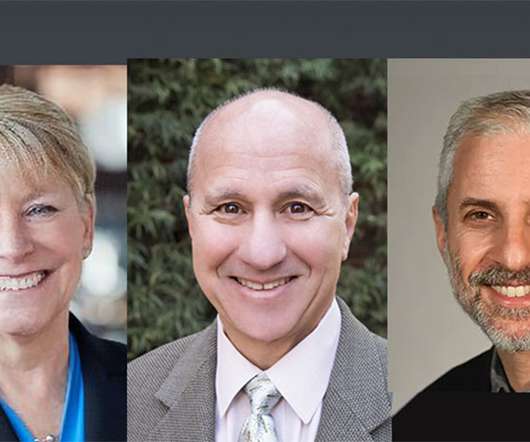


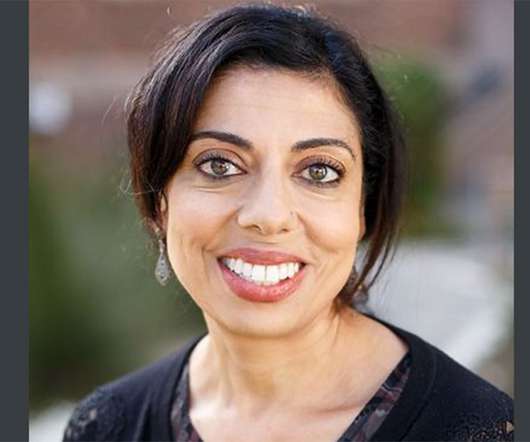
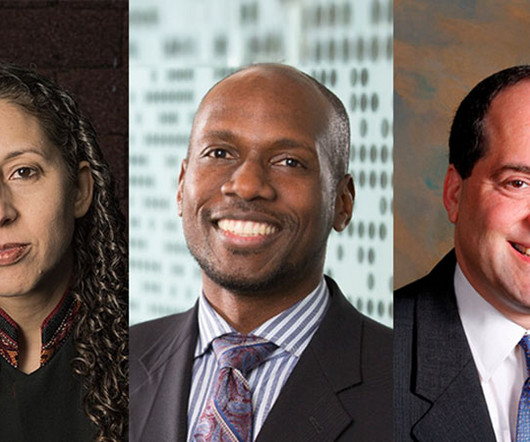






Let's personalize your content